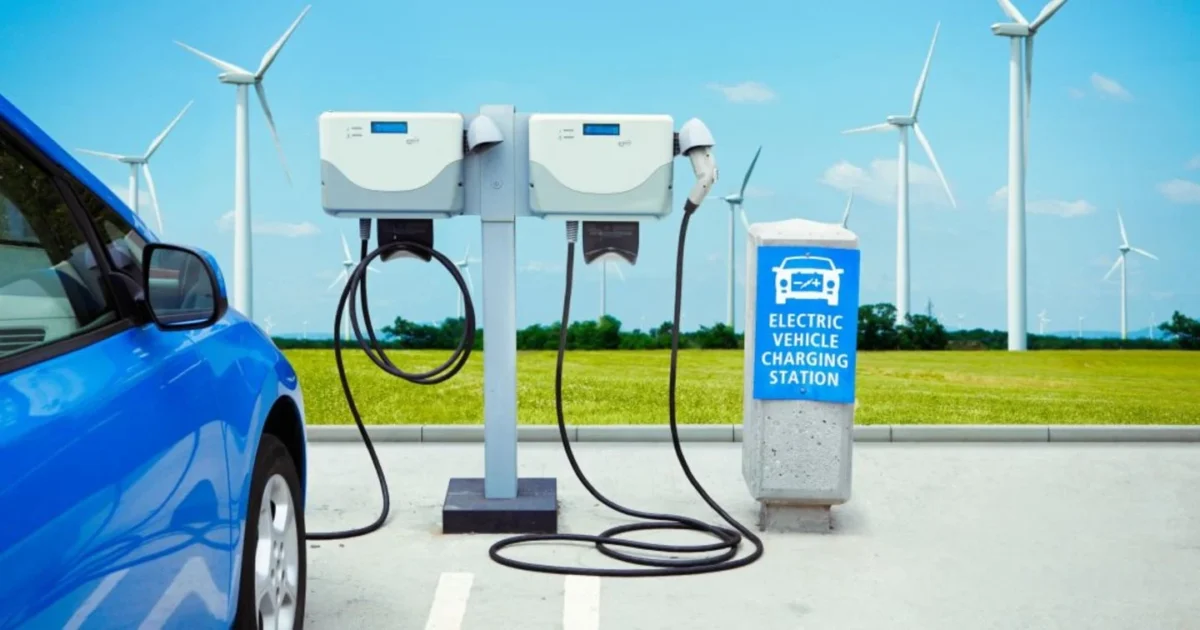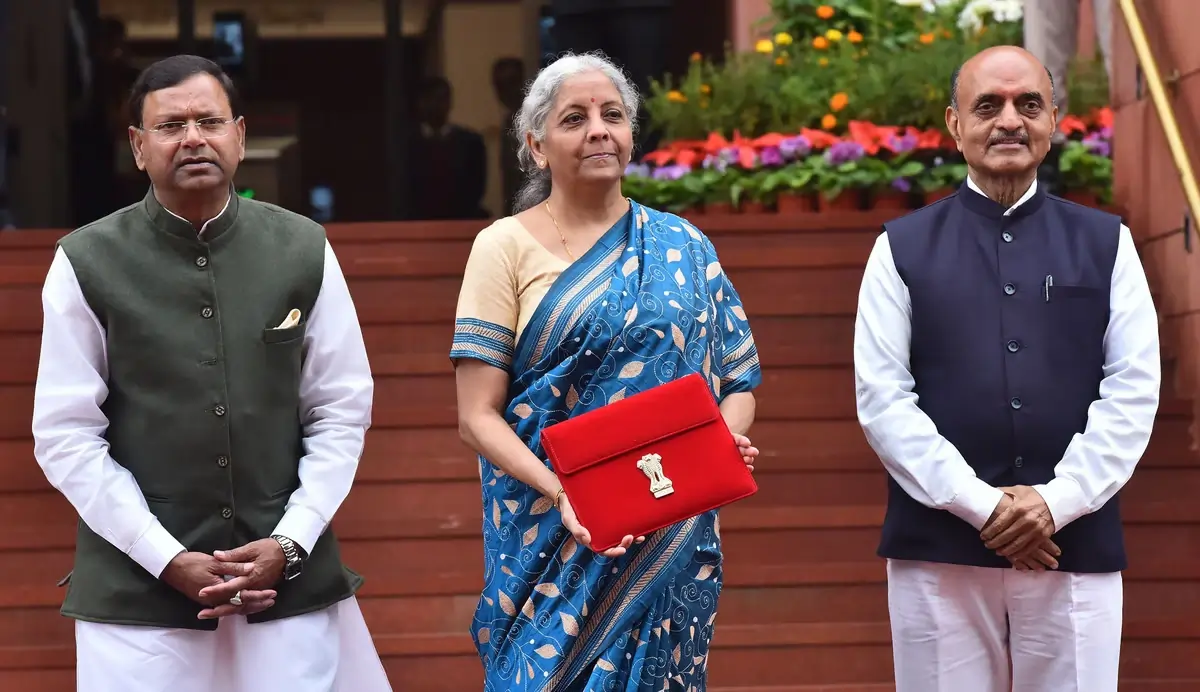The government’s latest announcement in the Interim Budget 2024 brings good news for the electric vehicle (EV) sector in India. With a focus on expanding and strengthening the EV ecosystem, the government aims to support manufacturing and charging infrastructure, paving the way for a greener and more sustainable transportation future.
Highlights of Interim Budget 2024
- Government’s Focus: Interim Budget 2024 prioritizes strengthening the electric vehicle (EV) ecosystem.
- Key Initiatives: Support for manufacturing, charging infrastructure, and encouraging EV adoption through schemes like PLI and FAME.
- Public Transport: Emphasis on electric buses for public transport with a payment security mechanism.
- Market Growth: Significant rise in EV sales across categories indicates growing adoption.
- Progress: FAME II scheme has led to the deployment of electric buses and charging stations, showing tangible results.
Supporting Growth through Strategic Initiatives:
One of the key initiatives outlined in the interim budget 2024 is the encouragement of greater adoption of electric buses for public transport networks. This will be facilitated through a payment security mechanism, ensuring smoother transitions to cleaner transportation options across cities and towns.
The decision comes at a time when the EV market in India is witnessing significant growth. In 2023, there was a remarkable surge in EV sales compared to the previous year. Data from the Federation of Automobile Dealers Associations (FADA) reveals impressive increases across various EV categories, including passenger vehicles, commercial vehicles, three-wheelers, and two-wheelers.
To further bolster the EV ecosystem, the government has already introduced several schemes and incentives. The Production Linked Incentive (PLI) schemes for the automobile and auto component sectors, as well as advanced chemistry cell (ACC) battery storage, aim to boost domestic manufacturing capabilities and attract investments in key areas of the EV value chain.
Accelerating EV Adoption: Government Incentives and Schemes:



Under the PLI scheme for the automobile and auto component sectors, numerous companies have been approved for incentives, with significant investments already being reported. Similarly, the PLI scheme for ACC battery storage is set to enhance India’s manufacturing prowess in this critical area, with major players committing substantial investments to set up manufacturing facilities.
The government’s flagship Faster Adoption and Manufacturing of Electric Vehicles (FAME) scheme continues to play a crucial role in promoting EV adoption. The second phase of the FAME scheme has incentivized the sale of a substantial number of EVs, with subsidies provided to both manufacturers and consumers. Additionally, the scheme supports the creation of charging infrastructure, a vital component for widespread EV adoption.
Commitment to Sustainable Mobility:
Finance Minister Nirmala Sitharaman emphasized the government’s commitment to expanding and strengthening the EV ecosystem during the budget announcement. She highlighted the importance of supporting manufacturing and charging infrastructure to accelerate the transition towards electric mobility in the Interim Budget 2024.
In line with these efforts, significant progress has already been made in deploying electric buses and establishing public charging stations under the FAME II scheme. State transport undertakings, municipal corporations, and other entities have placed orders for electric buses, with a substantial number already deployed across the country. Furthermore, efforts to increase the availability of public charging stations are underway, with funds allocated to major oil companies for setting up thousands of fast-charging stations.
Conclusion:
The government’s initiatives outlined in the Interim Budget 2024 signify a strong commitment to promoting sustainable transportation and reducing carbon emissions. By supporting the growth of the EV ecosystem through targeted policies and investments, India is poised to emerge as a global leader in electric mobility in the years to come.
Also Read – Top 5 Affordable EV Cars In 2024: Starting From 8 Lakhs
Thank you so much for reading. If you have any query please let us know through below comment box. We appreciate you valuable time.
FAQ
What’s the focus of Interim Budget 2024 for EVs?
The government aims to expand and strengthen the EV ecosystem, particularly by supporting manufacturing and charging infrastructure.
How does the government encourage electric bus adoption?
The government plans to facilitate this through a payment security mechanism, ensuring smoother transitions to cleaner transportation options across cities and towns.
What initiatives support the EV ecosystem?
The government has introduced schemes such as the Production Linked Incentive (PLI) for automobile and auto component sectors and advanced chemistry cell (ACC) battery storage to boost domestic manufacturing capabilities and attract investments.
What does the FAME scheme do?
The FAME scheme incentivizes the sale of EVs, provides subsidies to manufacturers and consumers, and supports the creation of charging infrastructure.
How does the government support electric buses and charging?
Efforts under the FAME II scheme include deploying buses and setting up charging stations, with funds allocated to oil companies.
